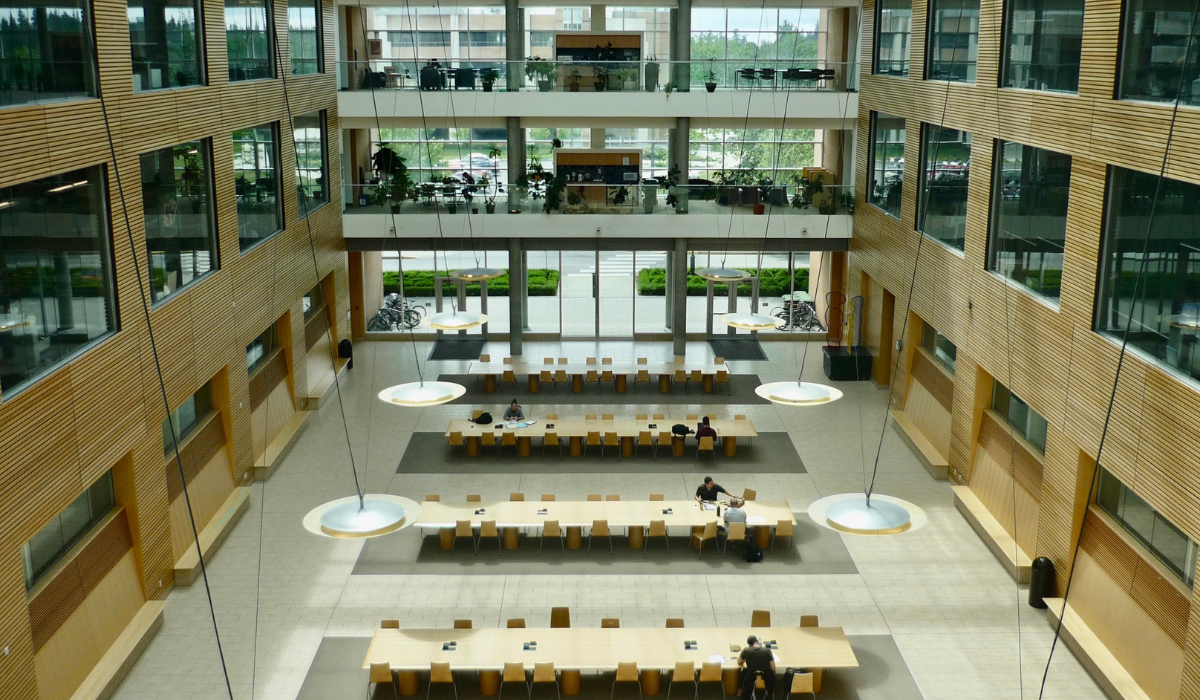
Housed within the Life Sciences Centre, the Life Sciences Institute is home more than 100 Principal Investigators and over 4,000 research trainees and staff.
UBC’s Life Sciences Institute (LSI) has become a designated UBC Global Research Excellence Institute (GREx) and is launching a new Biological Resilience Initiative (BRI) aimed at transforming human and environmental health.
The BRI is the first initiative in Canada to study life science questions through the lens of innate resilience.
Across 4 billion years of evolution, all living organisms, from single-celled microorganisms to humans, have developed mechanisms of resilience to protect them from both internal and external threats. The BRI will increase understanding of these mechanisms at molecular, genetic, and cellular levels, as well as within organisms and ecosystems as a whole. It will be a generative hub, focusing innovative, interdisciplinary collaborations on the grand challenges that face human health and the health of our planet, including:
- The race against antimicrobial resistance
- Cancer as a failure of biological resilience across scales — from molecules and cells to the whole organism
- Cellular plasticity in immune resilience
- Metabolic stability and resilience in healthy aging
- Harnessing microbial resilience for sustainability
Launched in 2005 by UBC’s Faculties of Medicine and Science, the LSI is a world-leading research and innovation hub making global impacts on human health and the well-being of our planet.
As a new GREx Institute, the LSI will build on its global reputation, becoming a unique-in-Canada site for innovation in biological resilience. It will promote collaborative, interdisciplinary research, supported by shared technology-driven resources. These combined strengths will enable the LSI to solve grand challenges facing human health, as well as to attract, nurture and educate the next generation of scientists.
The LSI becomes the fourth GREx Institute at UBC. UBC GREx Institutes advance global excellence in collaborative and interdisciplinary research. They aim to integrate fundamental and translational research, and allow research clusters to realize their full potential and impact.
Read more about the LSI attaining GREx status and the BRI on their website.